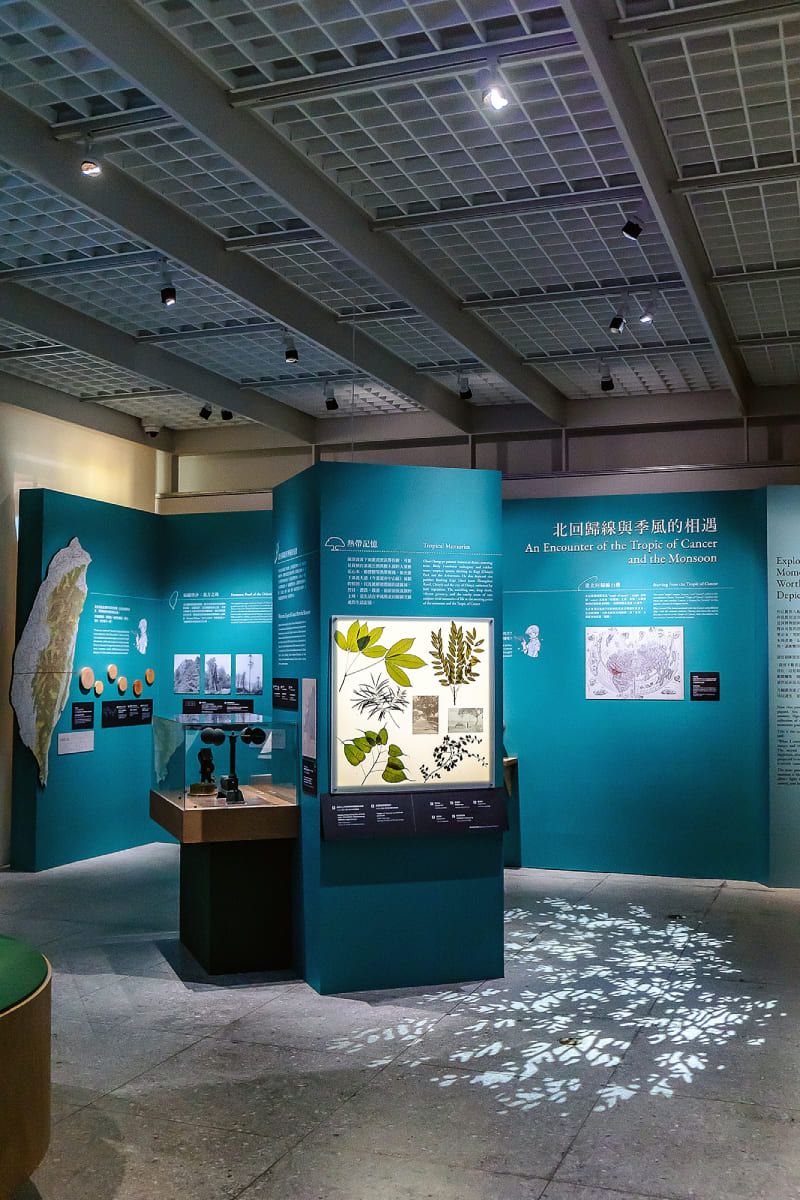When the name of Hsinchu County’s Zhudong Township is mentioned, the first thing many people think of is the delicious Hakka rice-based foods sold in its Zhongyang Market. However, Zhudong is not just some unsophisticated agricultural settlement, but was the starting point of Taiwan’s high-tech industry. More than 90 years ago, a huge fire that broke out during oil exploration operations sparked this town’s industrial development.





















